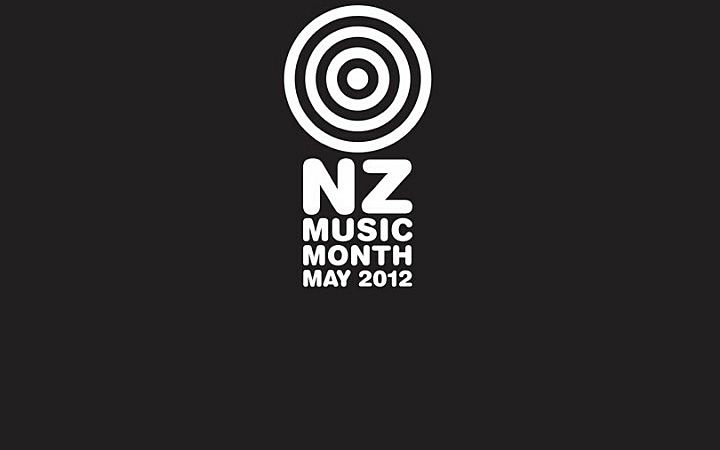Eight days until I can just listen to The Boss again
I spoke at a panel discussion on New Zealand Music Month this week as a form of Panty Punch Community Outreach. Here's the talk, and here's a few thoughts that came out of it...
I spoke in this panel discussion alongside Kiran Dass (Listener, Sunday Star-Times, Landfall) and Duncan Greive (Real Groove, Metro, 1972) last week. The moot was a super-broad and rangy look at NZ Music Month, a NZ Music Commission promotional scheme dating back 12 years that has now developed an almost-institutional feel. This is partly a testament to the effectiveness of the campaign, but also a reflection of the awfully short memories we have of our pop culture landscape and the policies that shape it.
Check it out if you've got a free hour approx - just a few supplementary observations:
1. Though the NZ Music Commission has main charge of co-ordinating and promoting NZ Music Month, it's the product of a lattice of organisations including NZ On Air, RIANZ, APRA, and the Radio Broadcasters Association. Simon Woods of the Commission turned up to hear us out and responded with candour and good humour - he also had to hear a volley of criticisms that are better directed at the main funding body and the industry interest groups it allows input from. Put simply, it isn't the Music Commission's sole responsibility to make changes to the public funding, support and promotion of New Zealand artists, and I don't think it was ever our intention to paint it that way. Although month-long events like this kind of rub our faces in it, the vanilla promise of Jason Kerrison, Jonny Love and Annabel Fay turning NZ Music Month into a 'Why We Fight' rallying cry for everyone who still gives a shit.
2. If we talked ourselves into apoplexy in the panel, there was at least one way pointing out. NZ On Air puts around $6 million a year into funding schemes and promotional strategies. A positive new development is the shift away from outrageous lump sums for full albums, and perhaps from an over-reliance on traditional broadcast media. I feel like we all agreed on this going one big, bold step further: take 15-20% of that amount each year and re-allocate it as a free-for-all. Not just for artists and songs, but for tours, small labels, promoters, blogs, all-ages venues, new media initiatives. As Duncan observes, musicians themselves aren't always the best judges of how to spend a windfall, and this reflects the integrated nature of the industry, which has shrunk but still has a lot of constituent parts from distribution to performance to shilling.
The Canadian model (at page 14 of this Richard Sutherland and Will Straw study) has gone so far as to set up two different funding bodies so that established and fledgling labels are no longer competing for the same funds. Good idea, but I think confining the 15-20% I suggest above to artists and labels alone is still too restrictive. Anyway, I genuinely believe this could be a worthwhile pilot, acknowledging the funding body's inevitable risk-aversion while allowing it to tentatively venture into the musical equivalent of funding R & D (something I definitely see a role for the government of a NZ-sized country in doing, as opposed to subsidising existing winners).
3. Apart from a bit of suss alcohol marketing, the Commission has kept a loose rein on what can and can't be NZ Music Month. Neither Real Groove nor The Corner nor anything in between has ever been cease-and-desisted for Awesome Feeling, which is probably the best "NZ Music Month" initiative ever. And anything else people try and do, be it some Pantera soundalike playing in Henderson on a Thursday night in May or a panel discussion at a venue for sound art, doesn't face the kibosh either. I see nothing wrong with an open-source form of marketing that can be reappropriated for positive musical ends. Find a way to do it, and try and pick up a few followers on the way. Otherwise the Whiskey wins.

